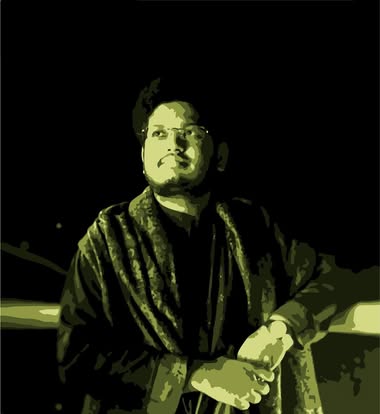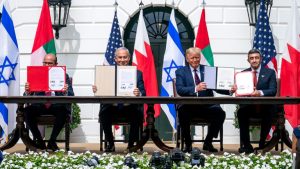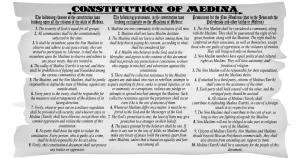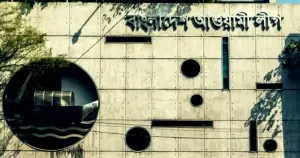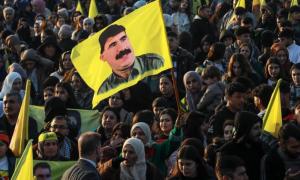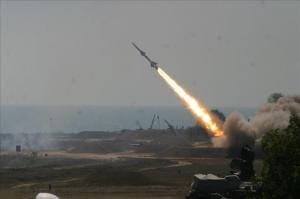On May 28, 2023, Turkey’s President Recep Tayyip Erdogan won a second round of elections against his main rival Kemal Kilicdaroglu, securing his third term in office and extending his rule until 2028. It was a historic day for Turkey and its leader, Recep Tayyip Erdogan. However, many of his critics argue that Erdogan’s Victory in Turkey Election in 2023 is a threat to Democracy while his supporters argue that it is a Sign of Stability. In this article, we will discuss the arguments in favor of Erdogan’s victory as a sign of stability for Turkey, pointing to his economic achievements, his success in fighting terrorism, and his popular support among the Turkish people.
Erdogan’s Victory in Turkey Election in 2023
The election was a rematch of the first round held on April 16, when Erdogan faced off against Kemal Kilicdaroglu, the leader of the main opposition Republican People’s Party (CHP). Erdogan won 48.9% of the votes in the first round, falling short of the 50% threshold required to avoid a runoff. Kilicdaroglu came second with 30.6% of the votes, followed by other candidates from smaller parties.
The runoff was expected to be a close race, as Kilicdaroglu tried to rally the opposition behind him and challenge Erdogan’s dominance. He campaigned on a platform of restoring democracy, human rights, and the rule of law and reversing the constitutional changes that gave Erdogan sweeping powers in 2017. He also promised to tackle the economic woes that have plagued Turkey in recent years, such as high inflation, unemployment, and debt.
Turkey presidential election run-off live unofficial results
| Erdogan (AKP) | 52.16%52.16%52.16% | |
| Kilicdaroglu (CHP) | 47.84%47.84%47.84% | |
| Ballot Boxes Opened: | 99.85% |
However, Erdogan proved to be too popular and powerful for Kilicdaroglu to overcome. According to unofficial results, Erdogan won 52.14% of the votes in the runoff, while Kilicdaroglu received 46.59%. The turnout was 86.3%, slightly lower than the first round.
With this victory, Erdogan has cemented his position as Turkey’s undisputed leader for another five years. He will also be able to implement his vision for Turkey’s second century, as the country marks its 100th anniversary this year. But his victory also raises questions about Turkey’s future direction and its role in the world. But what does this mean for Turkey’s democracy? Is Erdogan’s victory a sign of stability or a threat to democracy?
Is Erdogan’s victory a sign of stability?
Erdogan’s victory was celebrated by his supporters as a sign of stability and strength for Turkey, while his critics denounced it as a threat to democracy and human rights. However, Erdogan is no stranger to politics. He has been at the helm of Turkey since 2003, first as prime minister and then as president since 2014. He is the founder and leader of the Justice and Development Party (AKP), which has dominated Turkish politics for two decades. He is widely credited for transforming Turkey into an economic powerhouse and a regional player but also criticized for eroding democratic institutions and freedoms.
Economic Growth
One of the main arguments for Erdogan’s victory being a sign of stability is his record of economic growth and development. Under Erdogan’s leadership, Turkey has become one of the fastest-growing economies in the world, with an average annual growth rate of 5.6% between 2003 and 2019. Turkey has also increased its per capita income from $3,492 in 2003 to $9,632 in 2019, lifting millions of people out of poverty and creating a large middle class. Erdogan has also invested heavily in infrastructure, education, health care, and social services, improving the quality of life for many Turks.
How minorities are being oppressed in India?
Erdogan’s supporters argue that his economic policies have brought stability and prosperity to Turkey, especially compared to the previous governments that were plagued by corruption, mismanagement, and financial crises. They also claim that Erdogan has diversified Turkey’s economy and reduced its dependence on foreign loans and imports, making it more resilient to external shocks and pressures. Erdogan has also pursued an ambitious foreign policy that has expanded Turkey’s influence and trade relations in the region and beyond.
Fighting Terrorism
Another argument for Erdogan’s victory being a sign of stability is his success in fighting terrorism and securing Turkey’s borders. Erdogan has waged a relentless war against the Kurdistan Workers’ Party (PKK), a militant group that has been fighting for Kurdish autonomy since 1984 and is designated as a terrorist organization by Turkey, the United States, and the European Union. Erdogan has launched several military operations against the PKK both inside Turkey and across the border in northern Iraq and Syria, killing thousands of PKK fighters and weakening their capabilities.
Erdogan has also confronted the threat posed by the Islamic State (IS), a radical jihadist group that emerged in Syria and Iraq in 2014 and carried out several deadly attacks in Turkey. Erdogan has joined the international coalition against IS and allowed the United States to use Turkish air bases for airstrikes. He has also cracked down on IS cells and sympathizers inside Turkey, arresting hundreds of suspects and preventing further attacks.
What is America’s Blackwater? How does it terrorize the World?
Erdogan’s supporters argue that his victory shows that he is the only leader who can protect Turkey from terrorism and ensure its national security. They also praise him for defending Turkey’s sovereignty and territorial integrity against foreign interference and aggression, especially from the United States, Russia, Iran, and Syria.
Popular Support
A third argument for Erdogan’s victory being a sign of stability is his popular support among the Turkish people. Erdogan has won every election he has contested since 2002, demonstrating his ability to mobilize and appeal to a large segment of Turkish society. Erdogan has built a loyal base of followers who admire him for his charisma, religious piety, nationalist rhetoric, and populist policies. He has also cultivated a strong personal bond with his supporters, who see him as their leader and protector.
Erdogan’s supporters argue that his victory reflects the will of the majority of Turks who are satisfied with his leadership and performance. They also claim that he represents the authentic voice of Turkey’s identity and culture, which had been suppressed by the secular elites who ruled Turkey for decades. They accuse Erdogan’s opponents of being out of touch with the realities and aspirations of ordinary Turks, and of being influenced by foreign powers who want to undermine Turkey’s independence and sovereignty.
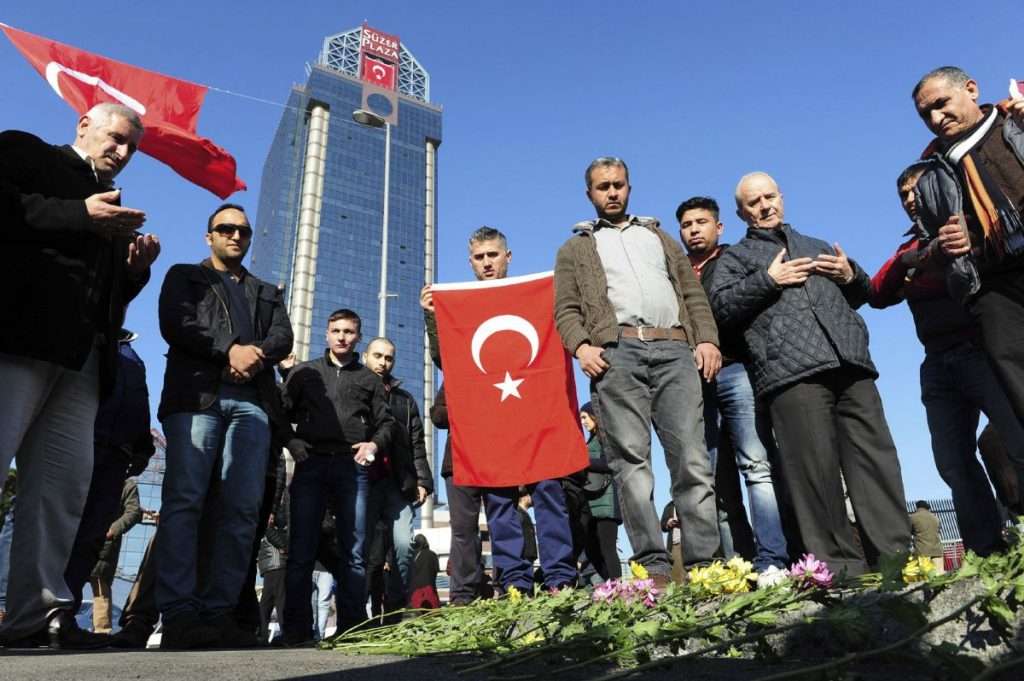
Is Erdogan’s Victory a Threat to Democracy?
Erdogan’s victory was celebrated by his supporters as a sign of stability and strength in a turbulent region, but criticized by his opponents as a threat to democracy and human rights in Turkey. But why? Let’s try to understand…
Erdogan’s Increasing Authoritarian Tendencies
One of the main arguments for Erdogan’s victory being a threat to democracy is that he has shown increasing authoritarian tendencies over the years, especially after the failed coup attempt in 2016. Erdogan has used the coup as a pretext to purge thousands of people from the military, judiciary, academia, media, civil society, and opposition parties, accusing them of being linked to Fethullah Gulen, a US-based cleric whom he blames for orchestrating the coup. Erdogan has also expanded his powers by changing the constitution in 2017, abolishing the office of prime minister, and creating an executive presidency that gives him control over the legislature, the judiciary, and the bureaucracy. Erdogan has also interfered with the independence of the central bank, leading to economic mismanagement and high inflation.
Who are China’s Uighur Minority? What’s happening with them?
Erdogan’s Crackdown on Dissent
Another argument for Erdogan’s victory being a threat to democracy is that he has cracked down on dissent and freedom of expression in Turkey. Erdogan has jailed hundreds of journalists, activists, academics, and politicians for criticizing his policies or expressing views that he deems as terrorist propaganda or insults to his person. He has also shut down hundreds of media outlets, NGOs, universities, and schools that he considers as oppositional or affiliated with Gulen. Erdogan has also restricted access to social media platforms and blocked websites that report on sensitive issues such as corruption, human rights violations, or Kurdish issues. Erdogan has also used his influence over the judiciary to prosecute and convict his political rivals, such as Selahattin Demirtas, the former leader of the pro-Kurdish Peoples’ Democratic Party (HDP), who has been in jail since 2016 on terrorism charges.
Erdogan’s Potential to Further Erode Democracy in Turkey
A third argument for Erdogan’s victory being a threat to democracy is that he has the potential to further erode democracy in Turkey if he continues his policies for another five years. Erdogan has shown no signs of moderation or compromise with his opponents and has instead vowed to continue his fight against terrorism, which he uses as a catch-all term to justify his repression of any dissenting voices. Erdogan has also signaled his intention to pursue an aggressive foreign policy that challenges Turkey’s NATO allies and regional neighbors. He has clashed with the US over its support for Kurdish forces in Syria, with Greece over maritime boundaries in the Eastern Mediterranean, with France over its stance on Islam and secularism, and with Saudi Arabia and Egypt over their role in the Middle East. Erdogan has also cozied up to Russia and China, seeking alternative sources of military and economic cooperation. These moves have isolated Turkey from its traditional partners and increased its vulnerability to external pressures and sanctions.
Was Erdogan’s Wins Required for Turkey’s Golden Past?
Some of Erdogan’s supporters argue that his wins are required for Turkey’s golden past and that some “dictatorship-type” actions are necessary to control the traitors who destabilize the country and help the enemy. They claim that Erdogan is restoring Turkey’s glory as a regional power and a leader of the Muslim world and that he is defending Turkey’s sovereignty and national interests against foreign interference. They also claim that Erdogan is facing a global conspiracy orchestrated by Gulen and his Western allies, who want to overthrow him and divide Turkey. They justify Erdogan’s harsh measures as necessary to eliminate this threat and protect Turkey’s unity and security.
What is Woke Culture? Why is it so controversial?
To my opinion, Erdoğan’s victory is both a sign of stability and a threat to democracy, technically. On one hand, it reflects Turkey’s economic growth and security under his leadership. On the other hand, it reveals his authoritarian tendencies and his potential to undermine Turkey’s democracy. But this dictatorial leadership is mandatory to run a state against the odds like the USA, NATO, Israel, and national traitors who help those odds. The future of Turkish democracy is complex for the opponents, and it depends on how Erdoğan will use his power and how the Turkish people will respond to his actions.
